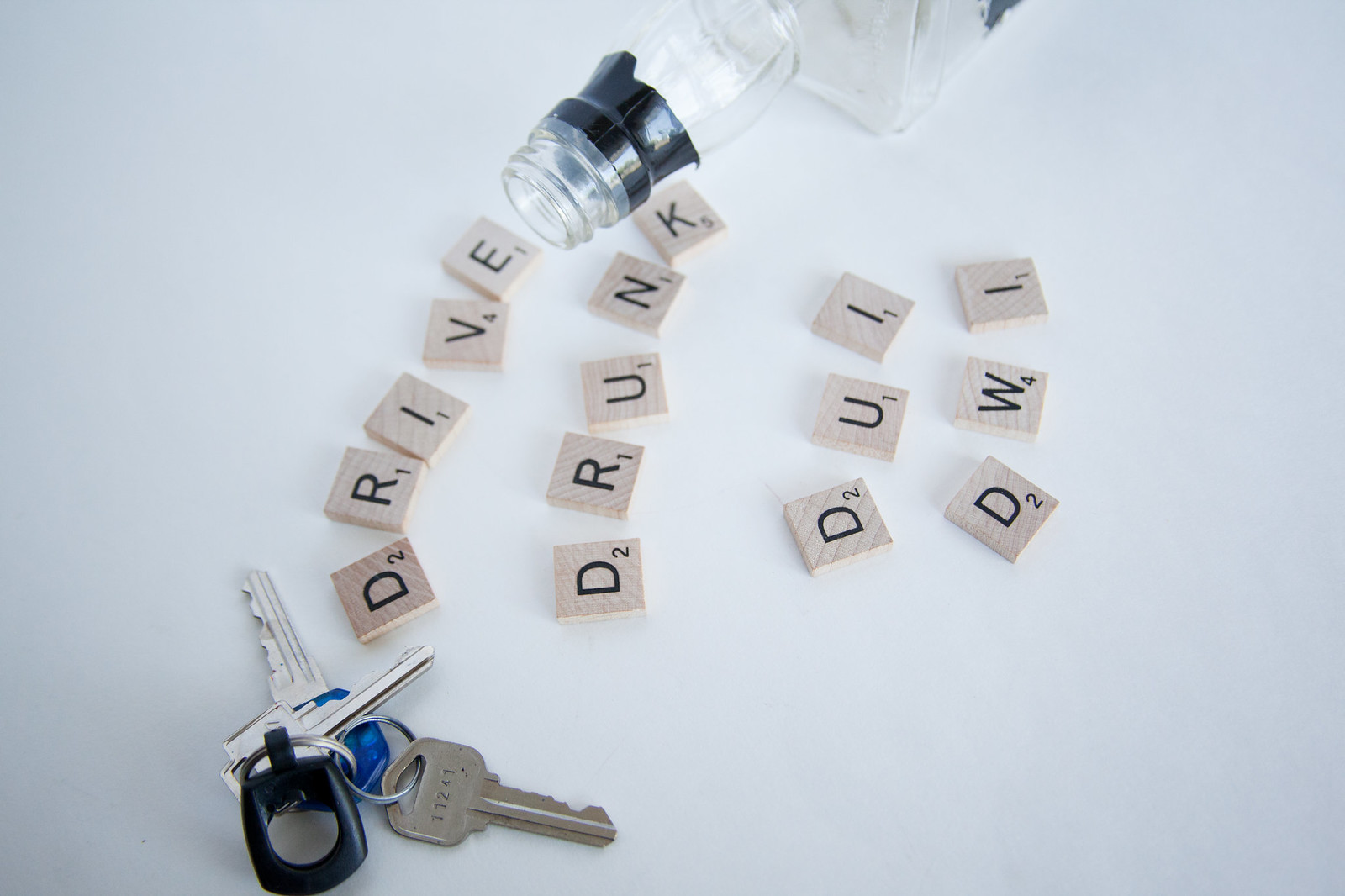DUI accidents are tragic events that leave victims with physical, emotional, and financial burdens. However, it’s crucial to understand that you have legal rights and options to pursue compensation through personal injury claims.
Picture this: you’re on your way back home after a tiring day at work, diligently obeying all traffic rules, when suddenly, a car collides with yours out of the blue. In a state of shock and confusion, you quickly realize that the driver of the other vehicle was intoxicated. In an instant, your life is thrown into disarray, and you find yourself dealing with injuries, medical expenses, and a lengthy journey towards recovery.
Regrettably, such a scenario is far from rare. DUI (Driving Under the Influence) accidents bring about devastating consequences for the individuals caught up in them. If you’ve become a victim of such an accident, it becomes imperative to acquaint yourself with your legal rights and the available options, which may include initiating a personal injury claim.
Understanding DUI Accidents
Before delving into the legal aspects and revealing the importance of Portland Personal Injury Attorney, let’s grasp the gravity of DUI accidents. DUI accidents occur when individuals operate vehicles while impaired by alcohol or drugs, endangering not only their lives but also the lives of others on the road. These accidents are entirely preventable, making them all the more tragic.
Aside from the obvious physical harm, DUI accidents can have far-reaching consequences, including emotional trauma, loss of income, and damage to property. Such accidents often result in severe injuries, ranging from broken bones and concussions to spinal cord injuries and fatalities.
Types of Injuries in DUI Accidents
DUI accidents can lead to a wide range of injuries, both minor and life-altering. Some common injuries include:
- Whiplash: This soft tissue injury affects the neck and can cause chronic pain.
- Fractures: Broken bones are a frequent result of high-impact collisions.
- Traumatic Brain Injuries (TBI): Severe blows to the head can lead to concussions or more serious brain injuries.
- Spinal Cord Injuries: Damage to the spinal cord can result in paralysis or permanent disability.
- Internal Injuries: Organ damage or internal bleeding may not be immediately apparent but can be life-threatening.
The severity of these injuries varies, and victims often face extensive medical treatment, rehabilitation, and emotional trauma. Coping with these challenges is difficult, but understanding your legal rights is crucial to finding a path forward.
Legal Options for DUI Accident Victims
After a DUI accident, the first steps you take are critical. Ensure your safety and the safety of others involved by calling 911 immediately. Once you’ve received medical attention and reported the accident to the police, it’s time to consider your legal options.
There is an important distinction between criminal and civil cases in DUI accidents. Criminal charges are filed by the state against the intoxicated driver for breaking the law, which can result in penalties like fines, license suspension, or jail time. However, these charges do not directly compensate the victim for their injuries or losses.
On the other hand, civil cases, such as personal injury claims, focus on obtaining compensation for the victim. These claims aim to cover medical expenses, lost wages, property damage, and pain and suffering. Pursuing a personal injury claim is a separate legal process from any criminal proceedings against the DUI offender.
Filing a Personal Injury Claim
If you decide to pursue a personal injury claim, there are several essential steps to follow:
- Consult with a Personal Injury Attorney: Seek a reputable personal injury attorney who specializes in handling DUI accident cases. They will provide guidance on the legal process and evaluate the strength of your claim.
- Gather Evidence: Collect all relevant evidence from the accident, such as police reports, medical records, witness statements, and photographs of the scene and your injuries.
- Determine Liability: Your attorney will help identify who is legally responsible for the accident. This might include the intoxicated driver, the establishment that served them alcohol (if applicable), or other third parties.
- Negotiate with Insurance Companies: Your attorney will handle negotiations with the insurance companies involved, aiming to secure a fair settlement on your behalf.
- File a Lawsuit (if Necessary): If negotiations don’t lead to a satisfactory outcome, your attorney may recommend filing a lawsuit to pursue compensation through the court system.
- Statute of Limitations: Be aware of the statute of limitations for personal injury claims in your state, as timing is crucial in these cases.
Working with a Personal Injury Attorney
Partnering with a personal injury attorney is essential when pursuing a personal injury claim for a DUI accident. They bring expertise, experience, and a deep understanding of the legal process to your case. Here’s how a personal injury attorney can assist you:
- Legal Expertise: Personal injury attorneys specialize in navigating the complexities of the legal system and will ensure your rights are protected.
- Investigation: They conduct thorough investigations, gathering evidence to support your claim, including accident reconstructions if necessary.
- Negotiation: Attorneys negotiate with insurance companies on your behalf, aiming for the best possible settlement.
- Trial Experience: In case negotiations fail, your attorney is prepared to take your case to court and advocate for your rights before a judge and jury.
- Emotional Support: Dealing with the aftermath of a DUI accident can be emotionally taxing. Your attorney can offer support and guidance throughout the process.
Compensation for DUI Accident Victims
Victims of DUI accidents are entitled to compensation for various types of damages, including:
- Medical Expenses: Coverage for current and future medical bills related to the accident.
- Lost Wages: Compensation for income lost due to time off work during recovery.
- Property Damage: Repair or replacement costs for your vehicle and any other damaged property.
- Pain and Suffering: Compensation for physical and emotional distress caused by the accident.
- Loss of Enjoyment of Life: If your quality of life has been significantly impacted, you may be eligible for compensation.
- Punitive Damages: In some cases, the court may award punitive damages to punish the DUI offender for their reckless behavior.
Seeking fair compensation is crucial to ensuring you can recover from the financial and emotional toll of a DUI accident.
The Emotional and Psychological Impact

Beyond the physical injuries and financial burdens, DUI accidents can have a profound emotional and psychological impact on victims. Coping with the trauma, anxiety, and stress that follow such an incident is challenging. It’s essential to seek support, both from loved ones and mental health professionals, to navigate these emotional challenges successfully.
Conclusion
DUI accidents are tragic events that leave victims with physical, emotional, and financial burdens. However, it’s crucial to understand that you have legal rights and options to pursue compensation through personal injury claims. Consulting with a qualified personal injury attorney or DUI accident lawyer is the first step toward seeking the justice and compensation you deserve.
Remember, you don’t have to face the aftermath of a DUI accident alone. Legal professionals are here to guide you through the process, fight for your rights, and help you on your journey to recovery. If you or someone you know has been a victim of a DUI accident, don’t hesitate to seek the assistance you need to rebuild your life.


Join the conversation!